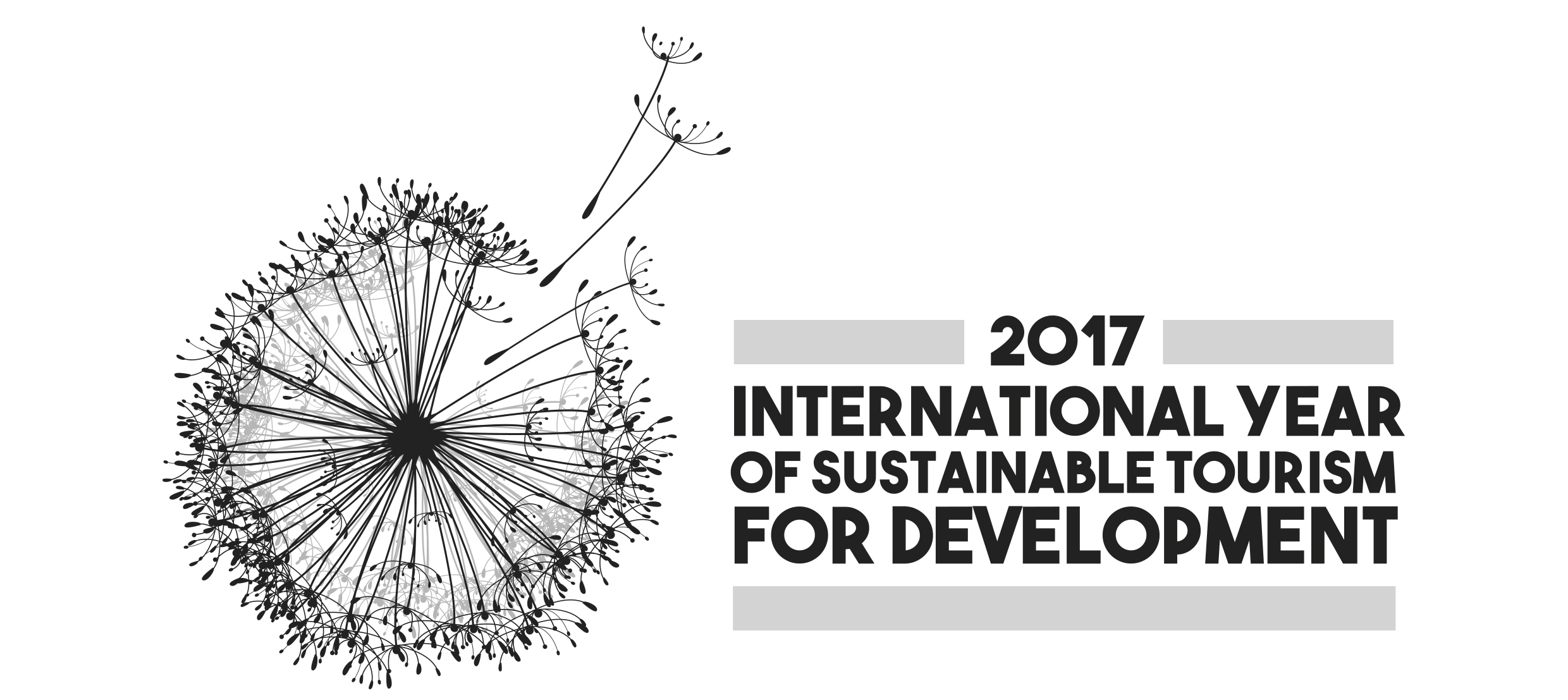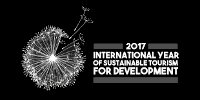#IY2017 - The Year that Sustainable Tourism Went Mainstream?
/Did #IY2017 have an impact?
#IY2017 (2017, the UN Year of Sustainable Tourism for Development) aimed to foster better understanding and greater awareness among people everywhere of rich heritage to better appreciate values of different cultures and strengthen peace in the world, and to advance the contribution of the tourism sector to sustainability (economic, social and environmental) and raise awareness of the true value of the tourism sector to the world.
Some might argue that #IY2017 has not had consumer impact. But whilst #IY2017 has now passed, really it's just the beginning.
The UN is a global policy organisation. It sets voluntary goals that are up to countries and organisations to implement - that's never going to fully happen in a year, it's going to take time to penetrate consumer level. The point is to get the global buy-in, and start the ball rolling. We think it's done that.
At Earth Changers, we were not only featured as a 'solution' on the UN World Tourism Organisation #IY2017 website, but our 'Purpose' section series of blogs on tourism and all the SDGs was well liked, followed and even earnt us a UK Blog Award nomination - quite an accolade for a 'niche' subject in mainstream media awards (especially in our first year).
It's worth remembering, the Sustainable Development Goals aren't just for #IY217, but rather are part of the UN's Agenda 2030. But what they have done in 2017 is give organisations a long term structure for aims, plans and vital measurement and monitoring, by breaking those down into defined digestible chunks of goals and their targets. More are proactively seeking information to help with this and about how they can take more responsibility for, and communicate, their impacts.
As Taleb Rifai, the former Secretary General of the UN World Tourism Organisation said at the end of his tenure of office in an interview with Professor Harold Goodwin of the World Travel Market Responsible Tourism,
"The biggest achievement has been the recognition of the importance of the sector. It is now seen as more than just having a big party. What matters is tourism’s contribution to employment, conservation and natural heritage. Tourism is now respected as an important economic sector."
This year also saw Responsible Tourism stage at the World Travel Market attended by many more, but also a lot more different organisations, and it was perhaps the first time discussions such as 'communicating heritage' hit the main sessions too.
Maybe it was helped because WTM came at the back end of 2017, which has been an impactful year, UN or not. Responsible tourism has perhaps finally gone mainstream, not by selling the concept, but because worldwide cities and the mainstream press have seen the negative impacts of irresponsible tourism in the form of overtourism like never before - its unsustainability, thus alternatives, impossible to avoid discussing as a consequence.
And so whilst #IY2017 may not have been a huge consumer carrot, it has been a useful sector tool, and overtourism a massive stick that's affected consumers, organisations, tourist boards, governments and mainstream media attention, as a prompt to wake the world up to the necessities for more sustainable tourism, and thus the true value tourism can have (or not, if not managed responsibly and sustainably).
And it is a necessity, because without it, mass-volume, ill-considered tourism impacts are killing its very destination product. Consumers might not know they want more sustainable, responsible tourism, but many more know they don't want irresponsible, unsustainable tourism.
After #IY2017, the trade is in a more educated position for more sustainable tourism product development, organisations like Travel Counsellors are skilling up with a partnership with The Travel Foundation to sell more sustainable tourism, and so we'll see consumers switch sell to it.
And as more sustainable tourism 'mainstreams', the more differentiation of 'responsible tourism' we expect to see - not just of different products (overland, backpack, cities, summer sun etc) and price levels (budget, family, luxury) but also reputation for sustainability levels.
And there'll be less masquerading: consumers will start to better understand just because something calls itself 'ecotourism' doesn't mean it is responsible or sustainable. Hopefully their raised awareness will result in questions which will see greenwashing start to be flushed out.
It may well be ironic, but ultimately #IY2017's overtourism has seen even more people move to want better tourism, a better sector and better impacts. It's all there at policy level and grassroots level, now it's up to the customers in the middle to proactively just choose to buy.

















